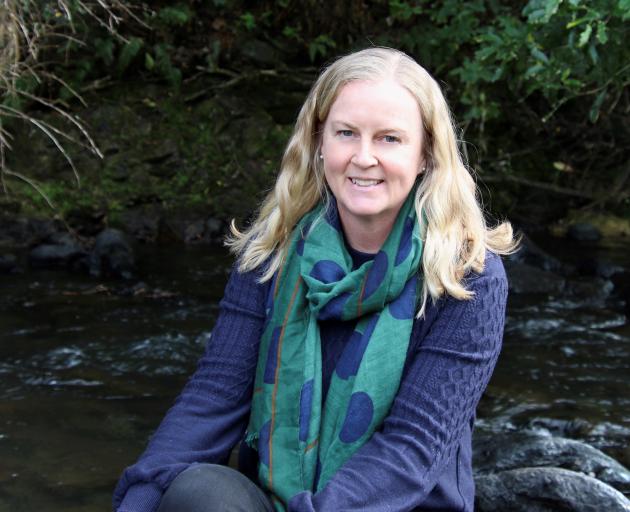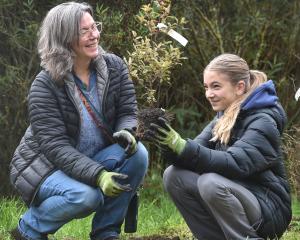
Chairwoman Gretchen Robertson called the reprieve a "positive outcome".
The council has been dealing with pressure from the minister after a 2019 investigation by former Environment Court judge Prof Peter Skelton found council plans to protect freshwater to be not fit for purpose.
The council was directed to, first, put its regional policy statement in place, then, by the end of this year, notify a new land and water plan to replace the now-outdated Regional Plan Water: for Otago, which has been operative since 2004.
When the council asked for an extension for its land and water plan last month it said difficulties implementing a High Court decision around its regional policy statement and the need to pull science staff away from the process to deal with drought-related tasks were factors.
After the extension was granted, Cr Robertson thanked the minister.
"This is a positive outcome for ORC and those involved in the process to prepare the new plan," Cr Robertson said.
"The focus for ORC, staff and councillors remains on delivering a quality land and water plan for the protection and enhancement of Otago’s environment.
"There is still a lot of work to do and everyone involved will continue to work hard to ensure the new deadline is met."
In a letter to the council, Mr Parker said the High Court decision requiring the council to break its proposed regional policy statement into freshwater and non-freshwater parts had played a role in his decision.
Last winter Justice Gerald Nation ruled the council was wrong to treat its entire regional policy statement as the kind of planning document that suited a new accelerated freshwater planning process.
Only those policies for managing Otago’s natural and physical resources that dealt directly with freshwater could use the fast-track process, introduced in 2020 to address freshwater decline, Justice Nation said.
The hearings for the non-freshwater parts of the regional policy statement are entering their sixth week in Dunedin, and are scheduled to run for 11 weeks.
Mr Parker said he recognised the council was the first to navigate using the new freshwater planning process.
The extension he granted would allow additional time for the council’s regional policy statement (RPS) hearings to progress before the land and water plan’s notification.
"I note that the Otago Regional Council is the first council to utilise the freshwater planning process and, given the recent court declarations, I accept the RPS process will take longer than was originally envisioned," Mr Parker said in his letter to the council.
The last time the council asked for an extension for its land and water plan, it was declined.
When the council first asked for an extension last year, Mr Parker ordered a follow-up investigation by Prof Skelton.
That investigation found no reason for the council to need an extension.
However, Prof Skelton signalled a future request for an extension might have merit.
If the regional policy statement process were to raise further complications it would become clearer early this year, Prof Skelton said at the time.
Mr Parker granted the council an extension for the notification of its proposed land and water plan from the end of this year to June 30 next year.
Advertisement













